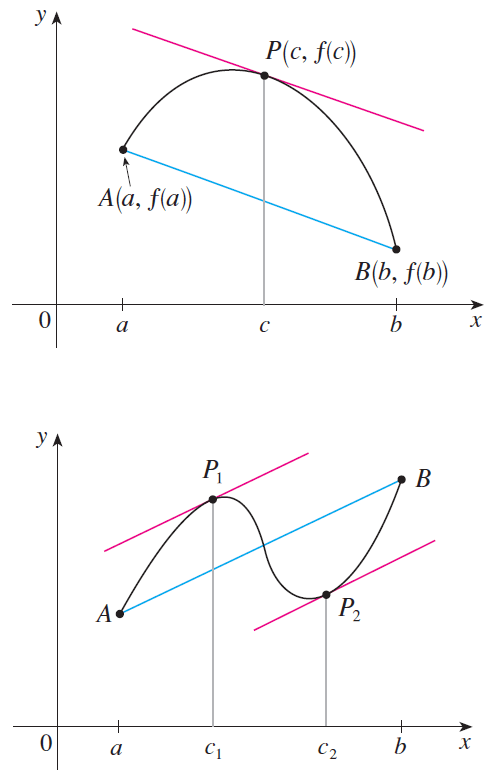PERCENT INCREASE AND DECREASE WORKSHEET
Problem 1 :
Find the percent change from 25 to 49.
Problem 2 :
Find the percent change from 50 to 45.
Problem 3 :
Find the result when 30 is increased by 20%.
Problem 4 :
Find the result when 65 is decreased by 80%.
Problem 5 :
When a number is increased by 25%, it becomes 75. Find the number.
Problem 6 :
Admission to the museum is $8. Students receive a 15% discount. How much is the discount? How much do students pay?
Problem 7 :
Christo used a coupon and paid $7.35 for a pizza that normally costs $10.50. Find the percent discount.
Problem 8 :
Jacob buys necklaces at a wholesale cost of $48 each. He then marks up the price by 75% and sells the necklaces. What is the amount of the markup? What is the selling price?
Problem 9 :
Lars purchased a daily planner for $32. The wholesale cost was $25. What was the percent markup?
Problem 10 :
A car has a 130% markup. The selling price is $21850. What is the wholesale cost?

1. Answer :
25 to 49 is an increase,
percent change = (increase/original amount) x 100%
= [(49 - 25)/25] x 100%
= (24/25) x 100%
= 0.96 x 100%
= 96%
Percent change from 25 to 49 is a 96% increase.
2. Answer :
50 to 45 is a decrease,
percent change = (decrease/original amount) x 100%
= [(50 - 45)/50] x 100%
= (5/50) x 100%
= (1/10) x 100%
= 0.1 x 100%
= 10%
Percent change from 50 to 45 is a 10% decrease.
3. Answer :
When 30 is increased by 20%, the resulting number is
= (100 + 20)% of 30
= 120% of 30
= (120/100) x 30
= 1.2 x 30
= 36
30 increased by 20% is 36.
4. Answer :
When 65 is decreased by 80%, the resulting number is
= (100 - 80)% of 65
= 20% of 65
= (20/100) x 65
= 0.2 x 65
= 13
65 decreased by 80% is 13.
5. Answer :
Let n be the number.
When n is increased by 25%, it becomes 75.
(100 + 25%) of n = 75
125% of n = 75
(125/100) x n = 75
1.25n = 75
Divide both sides by 1.25.
n = 60
Therefore, the number is 60.
6. Answer :
Subtract percent discount from 100%.
100% - 15% = 85%
Students pay 85% of the regular price, $8.
Find 85% of 8, this is the student price.
0.85(8) = 6.80
Subtract 6.80 from 8. This is the amount of the discount.
8 - 6.80 = 1.20
The discount is $1.20 and students pay $6.80.
7. Answer :
Amount of discount :
$10.50 - $7.35 = $3.15
Think : 3.15 is what percent of 10.50?
Let x represent the percent.
3.15 = x(10.50)
Because x is multiplied by 10.50, divide each side by 10.50 to undo the multiplication.
3.15/10.50 = 10.50x/10.50
0.3 = x
Multiply 0.3 by 100 to convert it to a percent.
0.3 ⋅ 100% = x
30% = x
The discount is 30%.
8. Answer :
Add percent markup to 100%.
100% + 75% = 175%
The selling price is 175% of the wholesale price, $48.
Find 175% of 48. This is the selling price.
1.75(48) = 84
Subtract from 84. This is the amount of the markup.
84 - 48 = 36
By either method, the amount of the markup is $36. The selling price is $84.
9. Answer :
Find the amount of the markup.
32 - 25 = 7
Think: 7 is what percent of 25? Let x represent the percent.
7 = x(25)
Because x is multiplied by 25, divide each side by 25 to undo the multiplication.
7/25 = 25x/25
0.28 = x
Multiply 0.28 by 100 to convert it to a decimal.
0.28 ⋅ 100% = x
28% = x
The markup was 28%.
10. Answer :
Let x be the wholesale cost of the car.
Add percent markup to 100%.
100% + 130% = 230%
The selling price is 230% of the wholesale price x.
Find 230% of x. This is the selling price.
230% of x = 2.3x
Given : The selling price is $21850
2.3x = 21850
Divide each side by 2.3.
x = 9500
The wholesale cost is $9500.
Kindly mail your feedback to v4formath@gmail.com
We always appreciate your feedback.
©All rights reserved. onlinemath4all.com
Recent Articles
-
Simplifying Algebraic Expressions with Fractional Coefficients
May 17, 24 08:12 AM
Simplifying Algebraic Expressions with Fractional Coefficients -
The Mean Value Theorem Worksheet
May 14, 24 08:53 AM
The Mean Value Theorem Worksheet -
Mean Value Theorem
May 14, 24 02:48 AM
Mean Value Theorem
